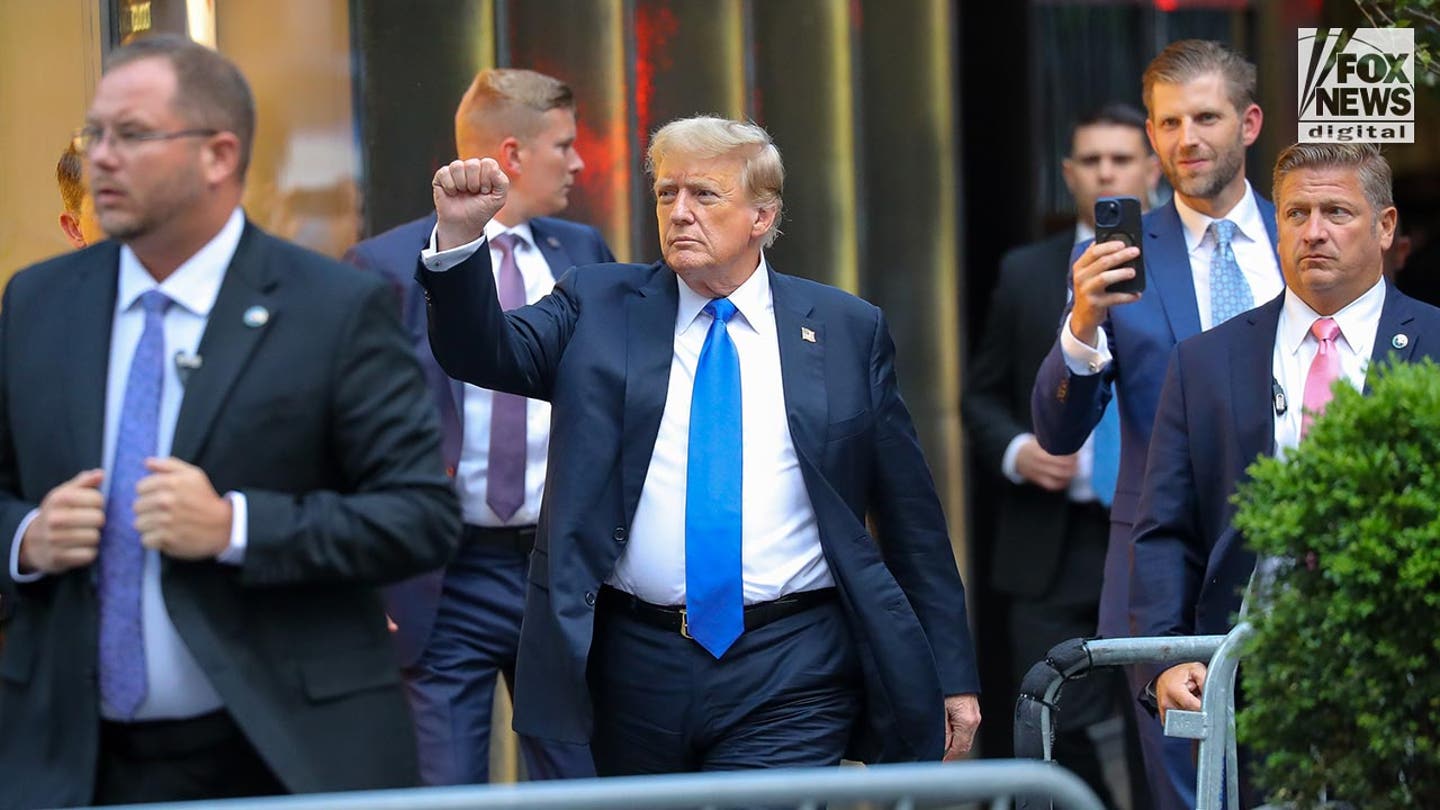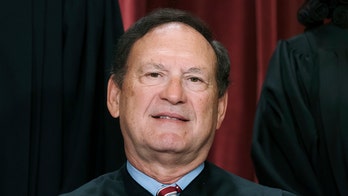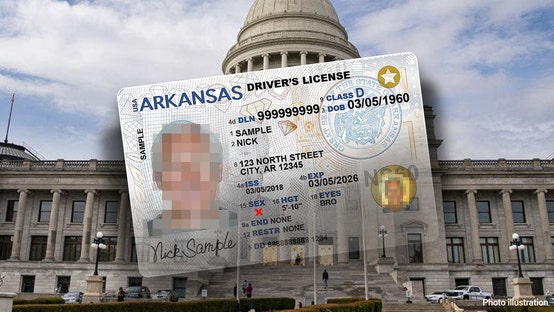Taiwanese defense expert Dr. Ming-Shih Shen believes that China would be wary of attacking Taiwan if former President Trump were to be re-elected, due to his perceived strong response to a potential invasion and his hawkish officials.

The Chinese government's potential plans to invade Taiwan would be dampened if former President Trump were to be elected to the White House again, according to a Taiwanese defense expert.
Dr. Ming-Shih Shen, director of the national security division at the Institute for National Defense and Security Research, maintains that the Beijing government likely views President Biden's China policy as more moderate than Trump's.

"If China’s attitude is…to maintain the stability and peace in [the] Taiwan Strait and increase relations between the United States and China, then either is no problem," Shen said. "But if China [shows] increased aggressive posture, I think China [would be more] afraid of Trump than Biden."
Shen believes that Trump's perceived strong response to a potential Chinese invasion of Taiwan stems from both his personality and the officials he surrounded himself with.

"Dr. Ming-Shih Shen, director of the Institute for National Defense and Security Research’s national security division, told Fox News Digital that Chinese President Xi Jinping, left, likely views President Biden’s policy toward China as more moderate than former President Trump’s, right."
China hawks like former Secretary of State Mike Pompeo and Matthew Pottinger, who served on Trump’s National Security Council, are seen as potential architects of a robust response to Chinese aggression.

China imposed sanctions on 28 members of the former Trump administration on the same day that Biden took over the White House in January 2021, including Pompeo and Pottinger, accusing them of violating China's sovereignty.
Dr. I-Chung Lai, of the Taiwanese think tank The Prospect Foundation, acknowledges the diverging perspectives on Trump's China policy.
"We…notice that it is during Trump, when he became president in the year 2016, the whole policy over time has experienced fundamental changes, as well as policy toward China, and actually for the better for Taiwan," Lai said.
Lai points to Trump's administration as the period when the U.S. began regularly sending ships through the Taiwan Strait, a move that significantly bolstered the region's security.
However, Lai also expresses some concerns regarding Trump's more provocative statements, such as his claim that the Taiwanese semiconductor industry was "stealing" jobs from the U.S.
"Those are words that are a little bit concerning to us," Lai said.
The U.S.-Taiwan semiconductor partnership is deemed critical by both governments, as Taiwan produces roughly 60% of the world's semiconductors.
Despite Biden's more "moderate" views on China, the Biden administration has taken concrete steps to enhance U.S.-Taiwan cooperation.
In April, the Commerce Department inked a $6.6 billion deal with Taiwan Semiconductor Manufacturing Co., Ltd to expand its operations into Arizona, a move expected to create over 25,000 new jobs.
Shen concludes that while Taiwan appreciates both Trump and Biden's handling of the China situation, the island nation may ultimately prefer Trump's perceived hardline stance against Chinese aggression should Beijing choose to escalate tensions.










